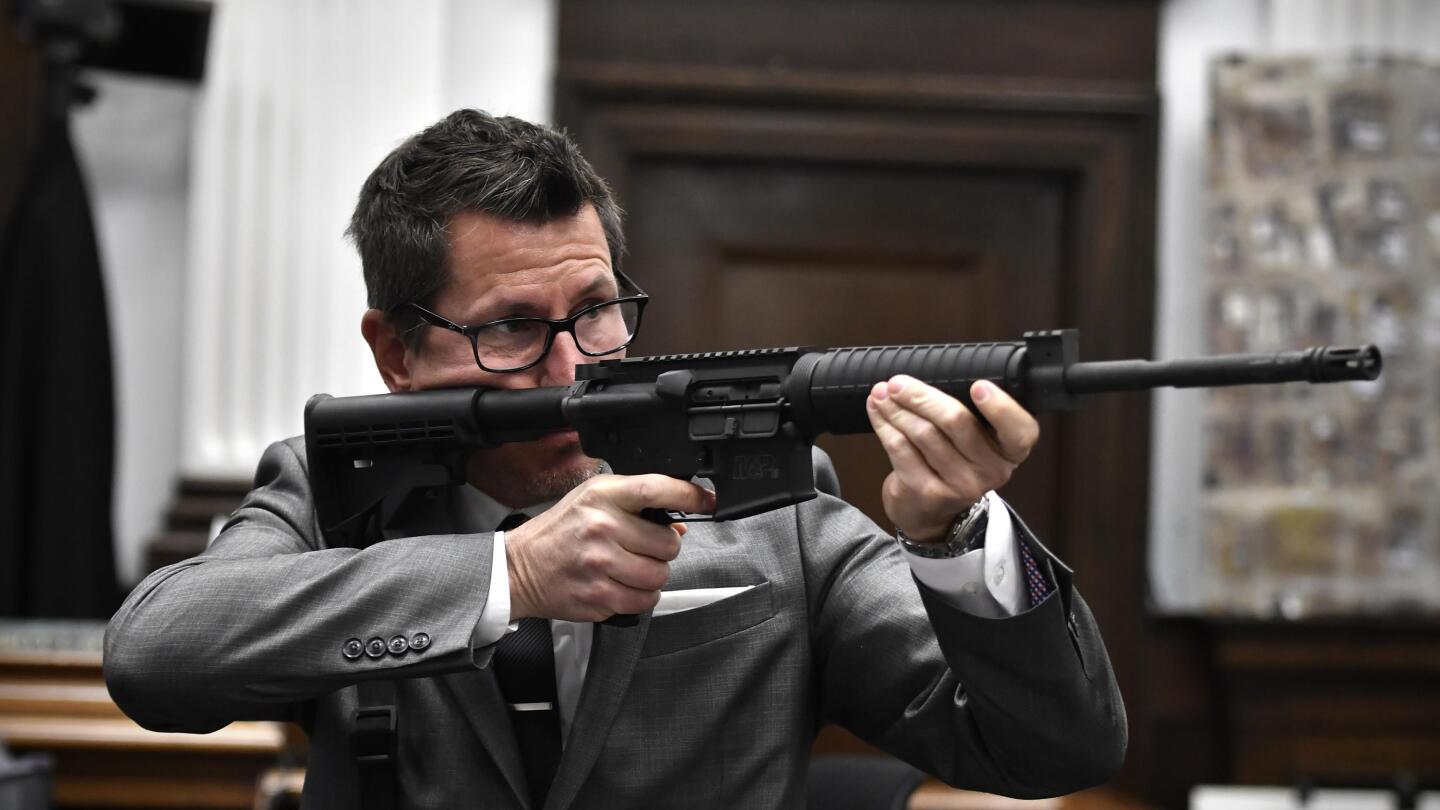- Joined
- Sep 10, 2020
- Messages
- 36,640
- Reaction score
- 32,911
- Location
- Canada
- Gender
- Undisclosed
- Political Leaning
- Other
Juries are not allowed to interpret law.We discuss things, and I can still disagree with a single person who happened to be the judge of this case.
My point is consistent and our disagreement remains the same after all these years and is about the philosophy behind interpreting laws
I am taking in consideration lawmakers intentions and purpose of the law while you are only interested in textual interpretations
The following link I think summarizes quite well the issue

Fairness in statutory interpretation: Text, purpose or intention?
There is a persistent debate in legal theory concerning the correct way of approaching written statutes. The parties can roughly be divided into textualists, who think that the law-applier should stick to the text of the statute, and purposivists (or intentionalists), who either think that the...www.degruyter.com
Fairness in statutory interpretation: Text, purpose or intention?
There is a persistent debate in legal theory concerning the correct way of approaching written statutes. The parties can roughly be divided into textualists, who think that the law-applier should stick to the text of the statute, and purposivists (or intentionalists), who either think that the interpreter should take text-external purposes and intentions into account, or that the law-applier necessarily does that whenever she interprets a statute.
In this case, while I maintained that the text was giving conflicting info regarding Kyle's weapon, I did believe that if one is willing to take in consideration the intentions of the lawmakers, he could arrive at the conclusion that a minor who is not supposed by the law to have unsupervised weapons like a brass knuckle would also be prohibited from having weapons like the ones Kyle had.

